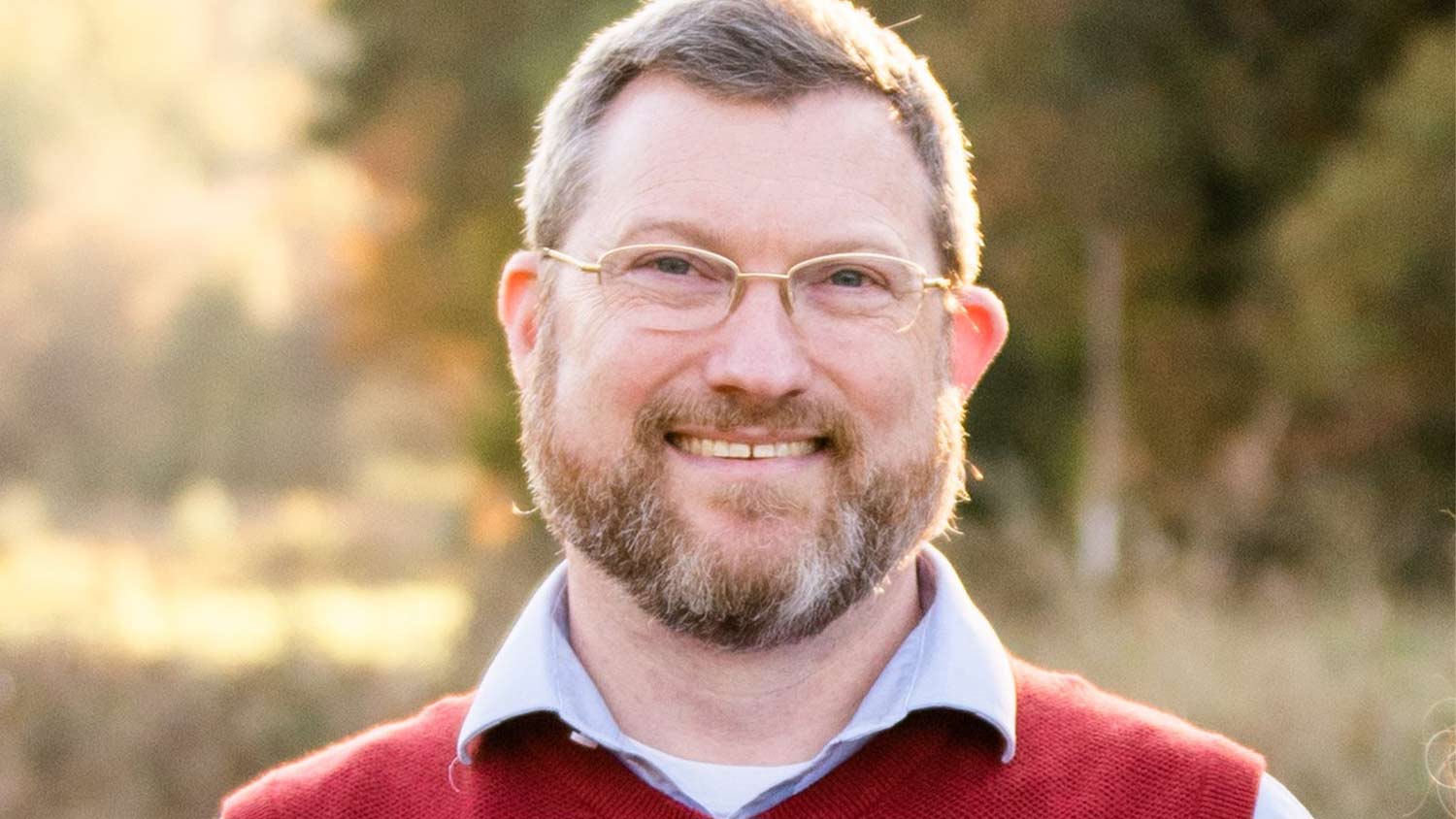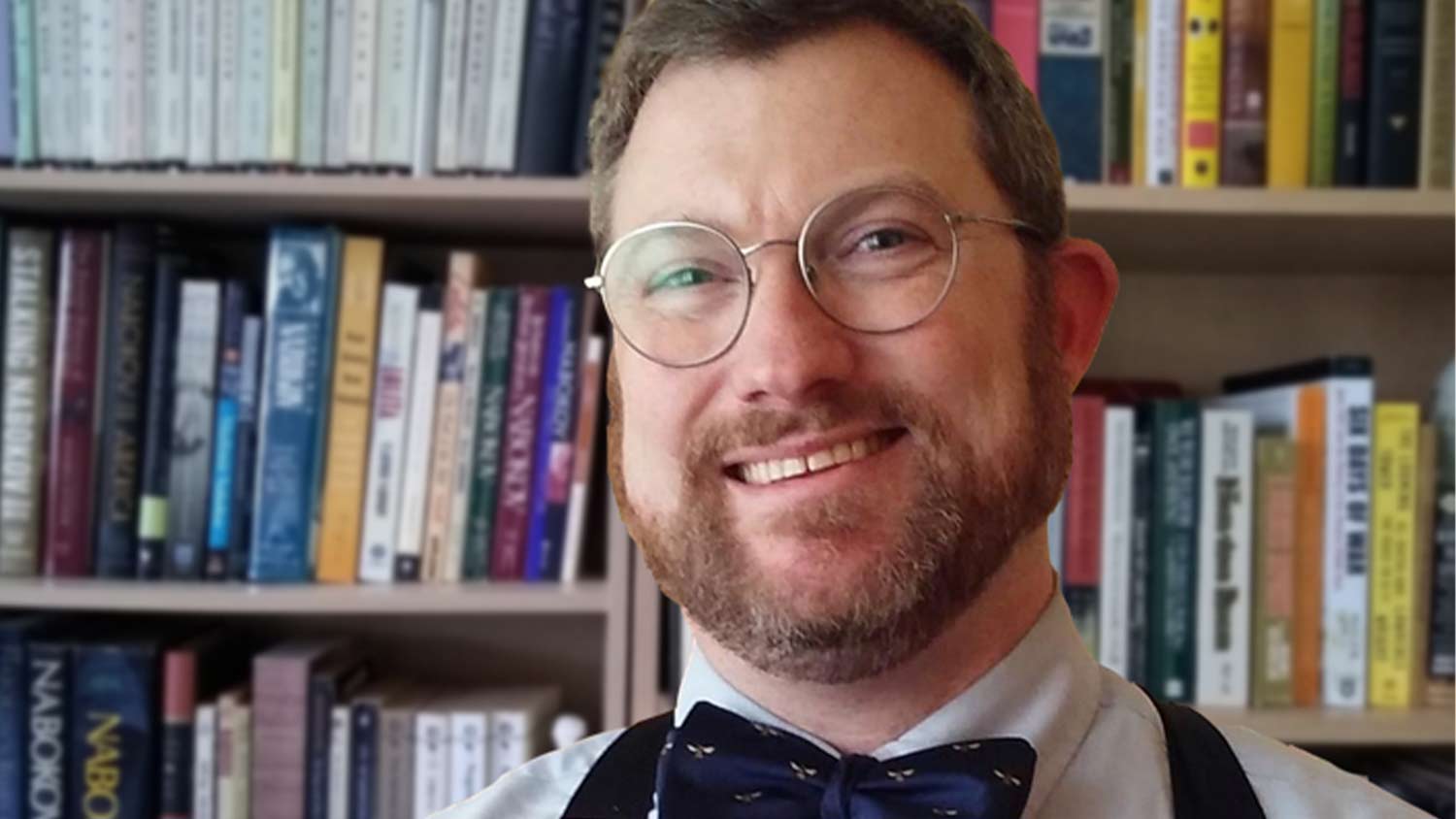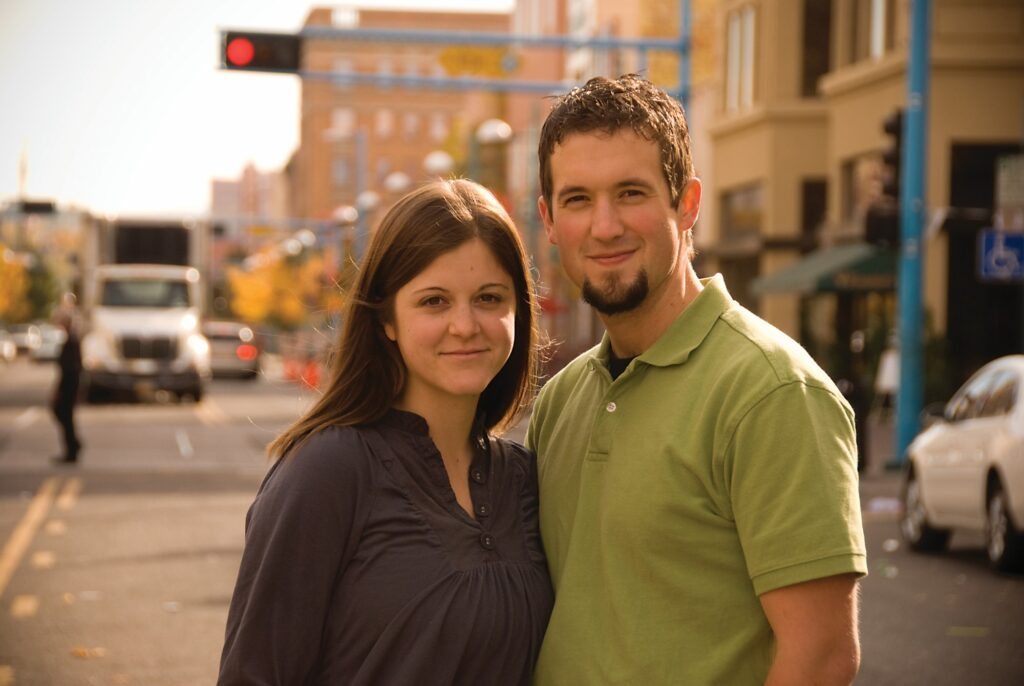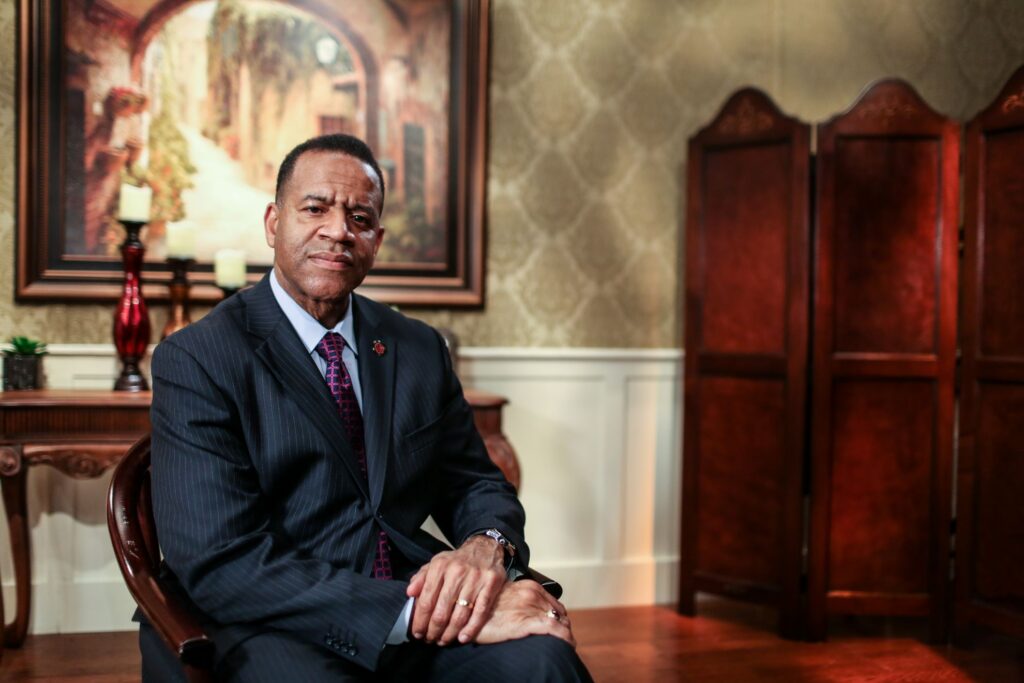
In the state of North Carolina, some of the most talented rising high school seniors are invited to spend a summer at the North Carolina Governor’s School. This summer residential program bills itself as a place where students can “listen to the perspectives of others” and “become aware of a wide range of differing viewpoints and thinking.”
Yet despite these promises, the school embraces a racially divisive ideology, often referred to as critical race theory. When Dr. David Phillips, a Governor’s School faculty member, attempted to speak out about the harms of this ideology and the value of ideological diversity, he lost his job.
ADF attorneys stood up for Dr. Phillips’s right to express his beliefs, and the school ultimately agreed to respect free speech.

Critical theory begins infiltrating the Governor’s School
Dr. David Phillips is an English instructor who began teaching full-time at various colleges and universities in North Carolina in 2008. He received his bachelor’s degree in political science from Hampden-Sydney College in 2000, and he went on to earn both a master’s degree and a Ph.D. in comparative literature from the University of North Carolina.
Since 2013, Dr. Phillips had been spending his summers teaching gifted high school students at the Governor’s School. But he started to notice that racially divisive ideology had begun infiltrating the school. Dr. Phillips was especially concerned that the curriculum and teaching embraced the idea that everyone ought to be viewed through the lens of characteristics like race, sex, gender identity, and religion.
Dr. Phillips was not the only one who noticed the Governor’s School was increasingly adopting a racially divisive ideology. Beginning in 2015, he began to receive complaints from students that school officials were discriminating against them based on their so-called “privileged” characteristics, such as being white or Christian, and based on their conservative viewpoints.
Some students approached Dr. Phillips and told him about the discrimination they had experienced in other classes. Conservative students said their views were often shut down immediately by instructors, and they said teachers would allow other students to pile on in criticizing them because of their conservative beliefs.
In addition to hearing these stories, Dr. Phillips experienced some teachers’ hostile attitudes toward certain people firsthand. He heard fellow teachers openly dismissing a person’s perspective because the person was “just a cis straight white guy” or “an old white dude.”
This open hostility toward people because of their personal characteristics concerned Dr. Phillips, and he expressed his concerns to school officials on multiple occasions. But they did not meaningfully address the problem, and the issue continued to worsen.
Officials fire Dr. Phillips
To offer students a differing perspective, Dr. Phillips began teaching optional seminars that presented the value of intellectual diversity and critiqued the idea that all students should be viewed through the lenses of race, gender, religion, or other characteristics.
During the 2021 Governor’s School session, Dr. Phillips began experiencing increased hostility from students and staff who chose to attend his seminars. Still, after every lecture, he would stay afterward to calmly answer any questions.
After Dr. Phillips had given his third optional seminar of 2021, one teacher took the question-and-answer period as an opportunity to berate Dr. Phillips. He claimed Dr. Phillips had “already told us you don’t believe in diversity,” referencing an interaction in a prior faculty meeting in which Dr. Phillips explained that he doesn’t choose his class reading list based on the authors’ personal characteristics.
This statement was categorically false, especially since Dr. Phillips’ lecture had been about the value of diversity, particularly in viewpoints. It was also extremely inappropriate for a teacher to use a question-and-answer period—meant primarily for students—to argue about an interaction at a faculty meeting. Still, Dr. Phillips stayed calm and responded to every comment and question from students and staff members.
Following this optional seminar, one or more staff members complained to school officials about the content. The officials proceeded to fire Dr. Phillips without providing a reason. Dr. Phillips had never violated any Governor’s School policy, and he had never been disciplined or censured for allegedly breaking any policies during his tenure at the school.
When Dr. Phillips applied to return for the 2022 Governor’s School session, he was denied. In December 2022, Alliance Defending Freedom attorneys filed a lawsuit on his behalf.
Governor’s School agrees to respect free speech
In April 2024, the Governor’s School agreed in a settlement to adopt a new policy ensuring faculty members have “the freedom and responsibility to craft academic and intellectual experiences that reflect their unique viewpoints and expertise.”
The school also agreed to pay Dr. Phillips approximately four years of his annual stipend for violating his free speech.
Schools should be places where robust debate is encouraged, not echo chambers that affirm only particular beliefs about current political and social issues. The favorable settlement of Dr. Phillips’s case affirms the constitutional right of faculty members at the Governor’s School to speak about their own beliefs without facing punishment from school officials.
Phillips v. North Carolina Department of Public Instruction
- June 2021: Dr. David Phillips gave a series of optional seminars offering students a differing perspective from the prevailing ideology at the North Carolina Governor’s School. After one or more staff members complained, the school fired Dr. Phillips and did not provide an explanation.
- June 2022: The school rejected Dr. Phillips’s application to return for the 2022 session.
- December 2022: ADF attorneys filed a lawsuit on behalf of Dr. Phillips.
- April 2024: In a favorable settlement for Dr. Phillips, the Governor’s School agreed to adopt a new policy protecting free speech for its faculty members. It also agreed to pay Dr. Phillips approximately four years of his annual stipend.




